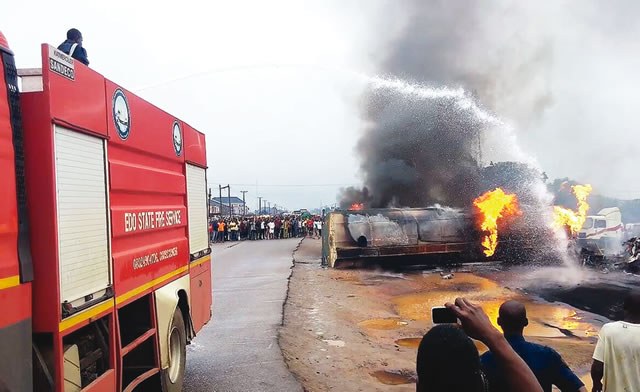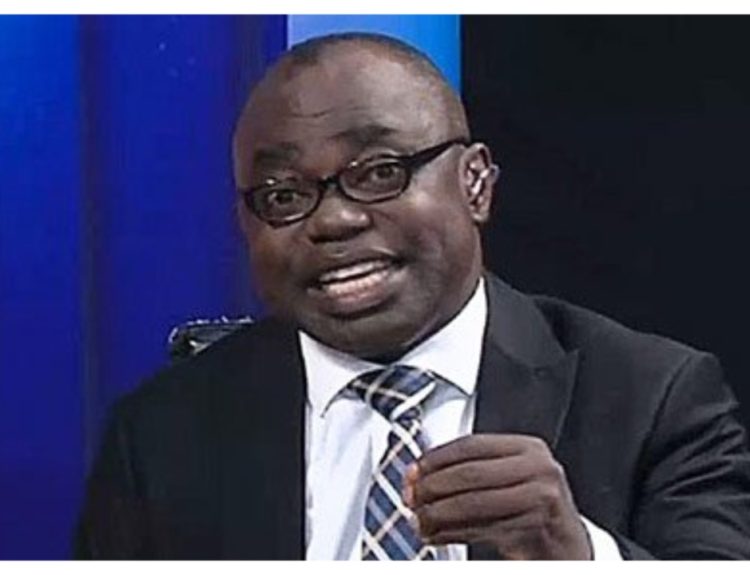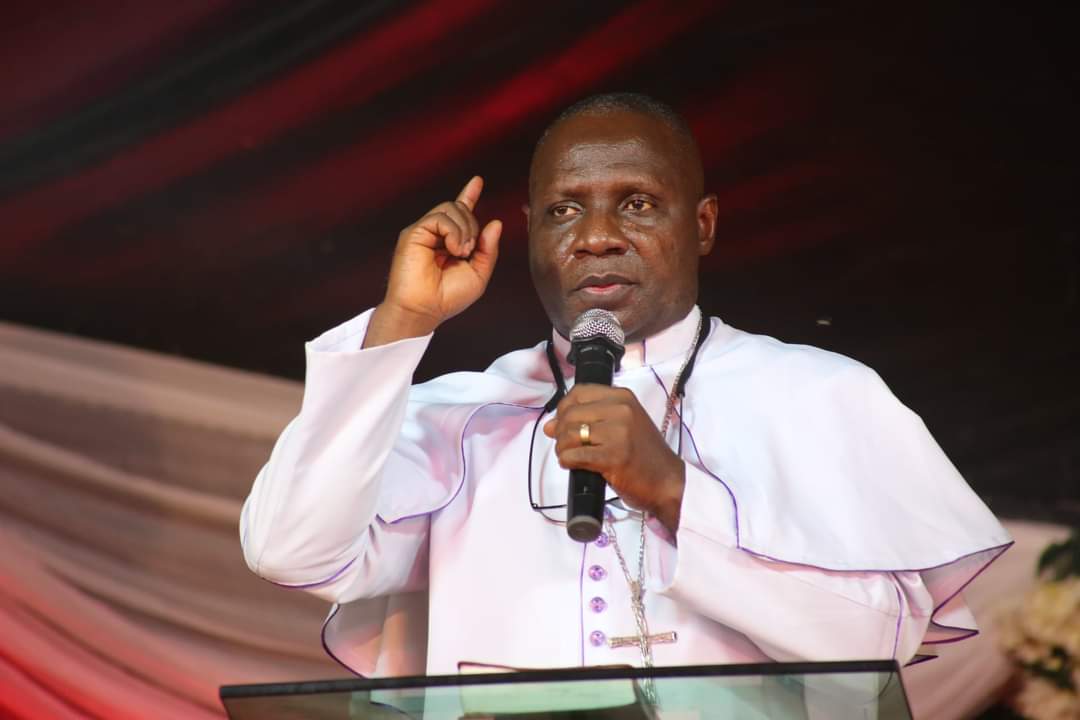A devastating series of tanker explosions has claimed 265 lives across Nigeria since September 2024, prompting President Bola Tinubu to establish a high-powered committee dedicated to preventing further tragedies. The president’s directive follows the latest disaster at Dikko Junction in Niger State, where a tanker explosion on Saturday night led to 88 fatalities and left many critically injured.
Tinubu, expressing deep sorrow over the repeated incidents, ordered security agencies and road safety authorities to intensify efforts in averting future occurrences. He also mandated the National Orientation Agency (NOA) to launch an awareness campaign to discourage citizens from scooping fuel at accident scenes—a practice that has significantly contributed to the high casualty rate.
Committee and Government Response
Minister of Information and National Orientation, Mohammed Idris, confirmed the formation of a task force comprising the Ministry of Information, the Ministry of Humanitarian Affairs, NEMA, the Standards Organisation of Nigeria, the Petroleum Tanker Drivers Association, and other stakeholders. This panel will investigate both immediate and root causes of tanker explosions and recommend lasting solutions.
Idris highlighted a grim pattern of recent incidents:
- Ibadan–Ife Road explosion affecting five houses and multiple vehicles.
- Agai in Niger State, where 48 people died on September 8, 2024.
- Jigawa State on October 15, 2024, losing 144 lives.
- The Suleja tragedy on January 18, 2025, claiming 88 souls, pushing the toll to 265 deaths overall.
Tinubu authorized the immediate transfer of severely wounded victims from Suleja General Hospital to tertiary healthcare centers for specialized treatment. The president also reiterated his commitment to providing comprehensive medical care for survivors and insisted that caution must be taken around overturned or compromised fuel tankers.
Nationwide Condolences
Former President Muhammadu Buhari, Vice-President Kashim Shettima, First Lady Oluremi Tinubu, APC National Chairman Abdullahi Ganduje, and an array of governors, lawmakers, and civil society figures have commiserated with Niger State and the bereaved families. They all echoed the call for heightened public awareness and the strengthening of protocols to forestall similar disasters.
Niger State Governor, Umar Bago, visited the accident site and local hospitals, describing the incident as “deeply shocking.” Multiple agencies, including the State Emergency Management Agency (NSEMA), confirmed the death toll has risen to 88, with 55 injured. Eighty bodies were given a mass burial, while other victims were released to relatives for private funerals.
Stakeholder Views
The Nigerian Midstream and Downstream Petroleum Regulatory Authority (NMDPRA) has indicated a possible review of existing safety regulations to curb the frequency of tanker explosions. Its Chief Executive, Farouk Ahmed, urged the public to maintain a safe distance from fuel-laden vehicles involved in accidents.
The Nigerian Union of Petroleum and Natural Gas Workers (NUPENG) blamed poor road conditions and the dangerous habit of fuel scooping for the recurring disasters. NUPENG President, Williams Akporeha, called for urgent infrastructure repairs and intensified public enlightenment to ensure citizens refrain from endangering their lives around tanker spill sites.
As the newly formed committee begins its work, the nation watches with hope that these tragedies—resulting in significant human and economic losses—will be brought to an end through stronger policies, improved infrastructure, and enhanced public awareness.






2 Comments